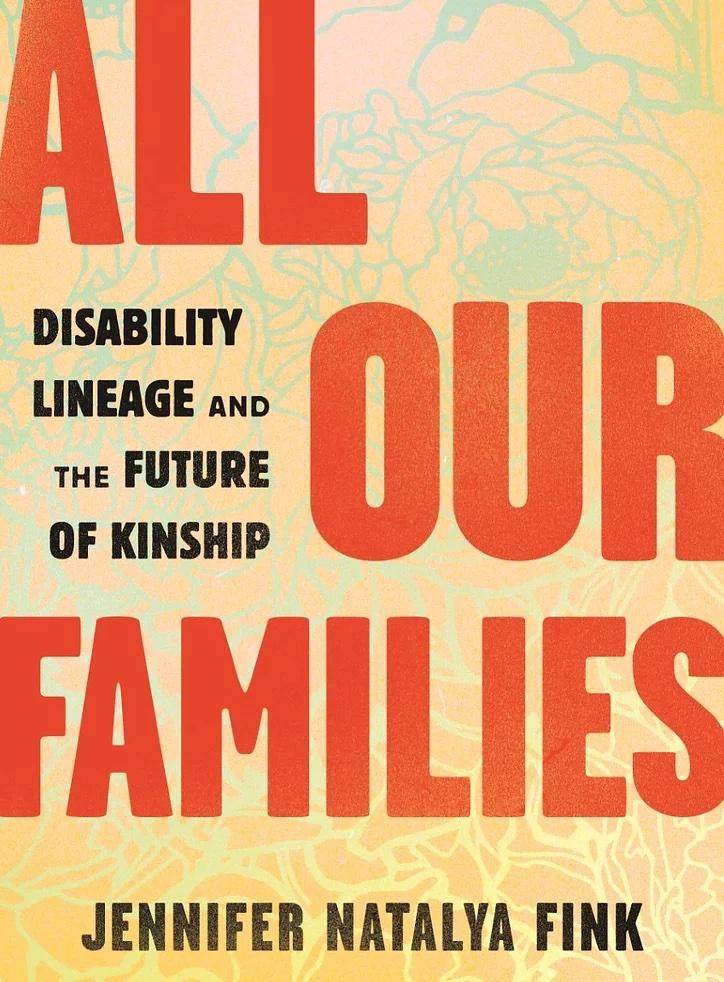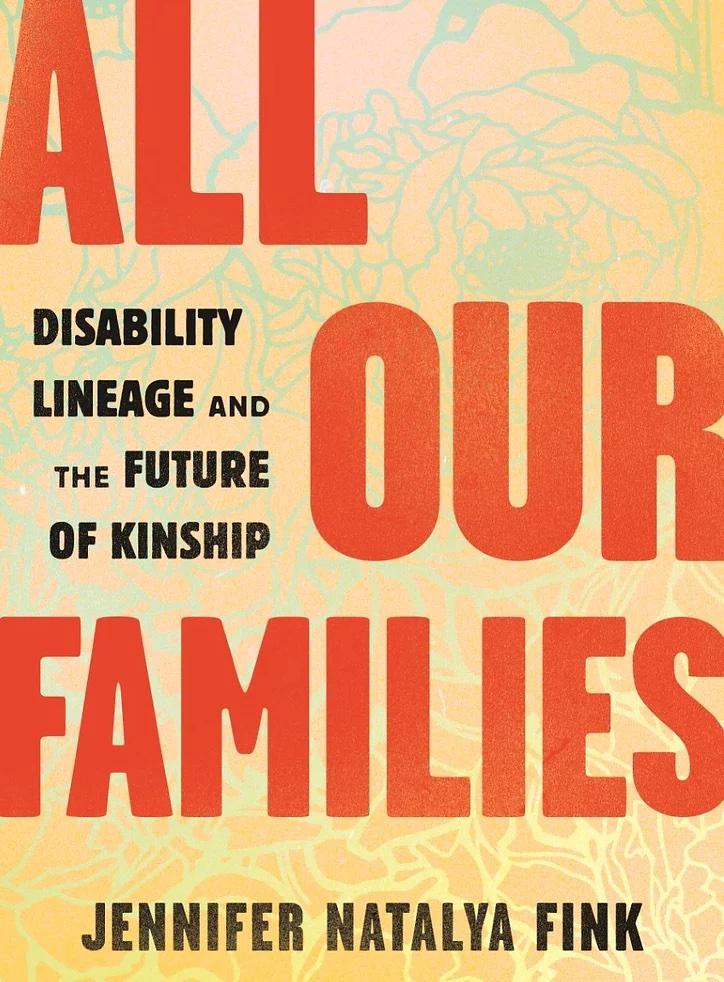A Georgetown University professor is releasing a new book, titled “All Our Families: Disability Lineage and the Future of Kinship,” about destigmatizing discussions on disability in familial lineages.

The book, written by Jennifer Natalya Fink, director of the disability studies program and English professor, focuses on a cultural analysis of the way society views disability and solutions to transform the discussion. “All Our Families: Disability Lineage and the Future of Kinship” will be available to the public April 5.
In her work, Fink draws upon her own family’s buried disability lineage, highlighting the role of relationships in condemning disabilities.
“Disability is often described as a tragedy, a crisis, or an aberration, though one in five people worldwide have a disability,” Fink wrote in an email to The Hoya. “Why is this common human experience rendered exceptional? I argue that this originates in our families. When we cut a disabled member out of the family story, disability remains a trauma as opposed to a shared and ordinary experience. This makes disability and its diagnosis traumatic and exceptional.”
Fink’s “lineage of disability” is the idea that disability is a history, a culture and an identity, all of which shift the view of disability to mark a sense of belonging and kinship.
The book highlights the diverse perspectives of disabled individuals who are impacted by discrimination and barriers to treatment, according to Fink.
“Instead of only using scholarly sources by non-disabled people, I tried to center my argument on the lived experiences of disabled people — activists, artists, scholars, cultural workers, and students,” Fink wrote. “This eclectic approach helped situate my own journey in the larger cultural context, and offer possible solutions that everybody can try.”
Fink’s contributions to Georgetown’s disability studies program were key in creating stronger connections between the academic community and disability arts, according to Kathryn Temple, English department chair.
“Professor Fink has been a leader and a wonderful resource to all on issues of disability and ableism,” Temple wrote in an email to The Hoya. “The popular Disability Studies Program is a boon to the Georgetown community as it offers resources that have raised our consciousness around these issues.”
Through her research and writing, Fink curated discussions on genetic testing, healing justice activism, the future of Down syndrome and disability kinship.
Fink emphasizes the importance of creating a community with diverse disability studies resources, such as the Georgetown Disability Alliance and the future Disability Cultural Center, according to Libbie Rifkin, professor in the English department and founding director of the program in disability studies.
“The community that Professor Fink has helped to build through her research, teaching, and leadership of Disability Studies creates new opportunities for students to find their own disabled identities and lineages,” Rifkin wrote. “By shifting the conversation on disability from a problem to an identity and source of cultural connection, Professor Fink has helped dispel the stigma that keeps disability lineages hidden.”
Fink hopes that the ideas she shares in her book will create a new climate at Georgetown for more open discussions regarding disability lineage.
“Cura personalis is such a powerful ethos; I think my book will help Hoyas consider how better to live up to this ethos. How to care for themselves and others — and question how care is arranged, how stigma and shame are perpetuated by the delineation of disabled ancestors and family members,” Fink wrote. “I also consider kinship beyond the nuclear family, and how to connect to our disability lineage beyond the family. We Hoyas are an extended family, with a rich disability lineage!”









